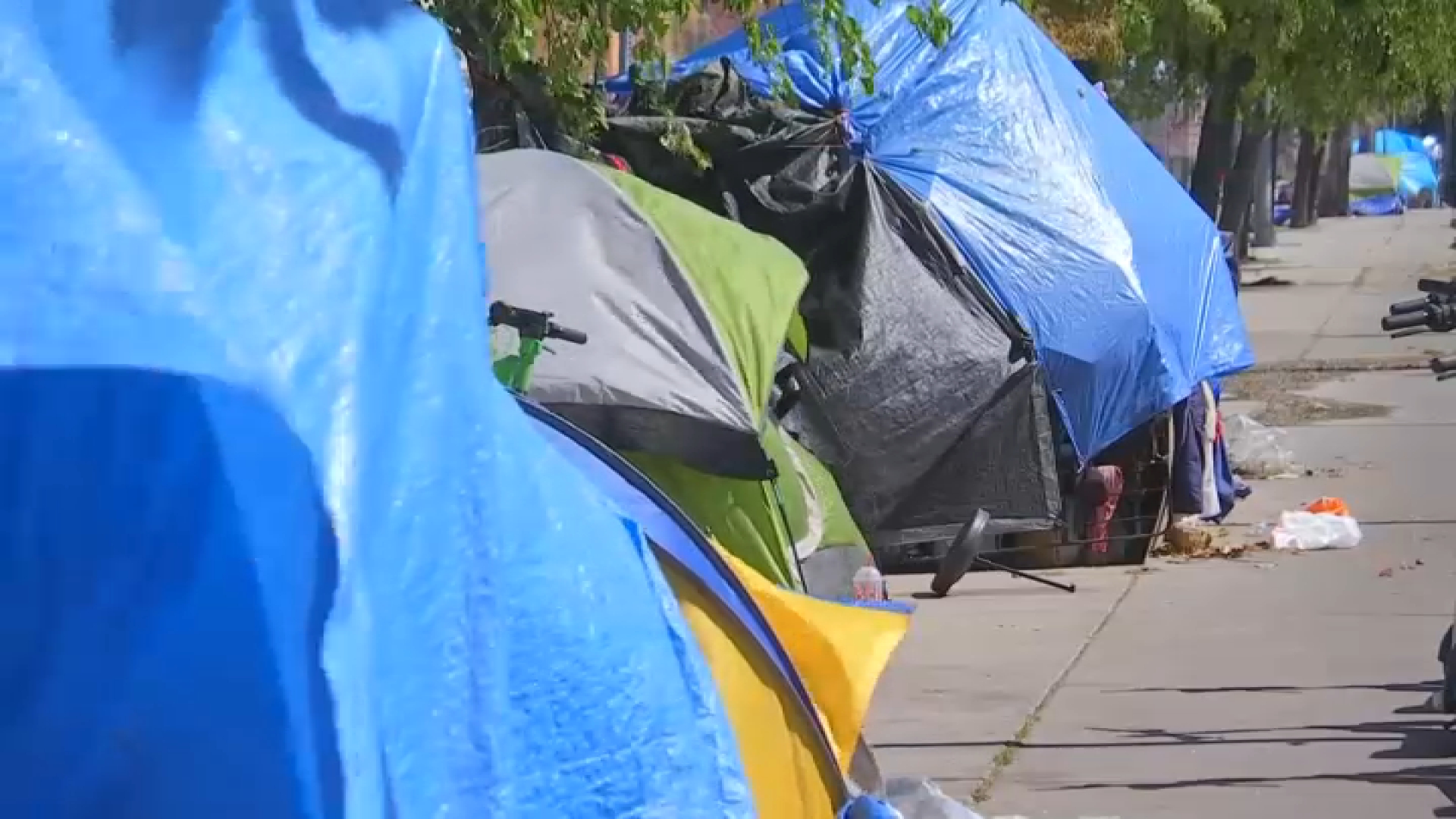Mayra Alejandra Haro de la Cruz was granted asylum by a US immigration judge on May 11, 2018.
It comes more than a year after she appeared at the San Ysidro border crossing with her three young children, covered in 3rd degree burns.
"We spent the night on the street that night because the border patrol said we couldn't cross until morning," she remembers of that January day in 2017.
Haro de la Cruz didn't mind the wait — she's suffered far more than a rocky bedspread.
"I am the victim of domestic violence," she says. "My ex-husband beat me, punched me in the face, and burned me."
Her scars are obvious — her arms, her legs and across her forehead — 75 percent of her body disfigured as a result of one night of anger she says she'll never forget.
"I just saw something dripping in the door," she says, remembering the June 2016 night she says her ex-husband splashed gasoline on the bedroom door she shut to get away from his abuse.
She says he held her captive in the bedroom they once shared only to set the house on fire.
"And I remember thinking, oh my God, I have no way out of here," she says. "It hurt so much. I cannot describe how much it hurt. I was desperate."
Her screams reached neighbor's ears who finally came to her rescue by using hammers to break out the windows of the bedroom and pull her through.
News
Top news of the day
"I thought about my kids. And I felt so sad," she says. "I asked God to please, take me. Because I couldn't ... it was so painful."
Doctors didn't think she could survive the night, let alone three months in a Mexican burn unit.
"You don't know how many women are murdered in Mexico because of this," Haro de la Cruz says.
She tried getting a restraining order against her husband, but every time she called police when he'd break the order, they'd claim they were too busy to help.
She says she believes the culture allowed for the abuse, too, and a local saying that "dirty laundry is best cleaned in your own home."
"We're really at risk, our government is not giving the attention it needs to," she says.
She said she felt she had no other option than to seek asylum in the U.S.
But her story, while somewhat common among Central American asylum-seekers, has become less obvious an asylum-winning case.
In June, US Attorney General Jeff Sessions canceled a provision in immigration law that grants asylum to victims of domestic violence. It's a point of contention that immigration judges and attorneys have argued the AG overturned 15 years of legal precedent.
"It's really important because it saves lives," Haro de la Cruz says, believing she would be dead if she were forced back to Mexico. "That's the most important, it saves lives."
It's the reason she wanted to share her harrowing tale, in the hope that those who make immigration policy will reconsider this policy and allow for a reprieve for domestic violence victims like her.



